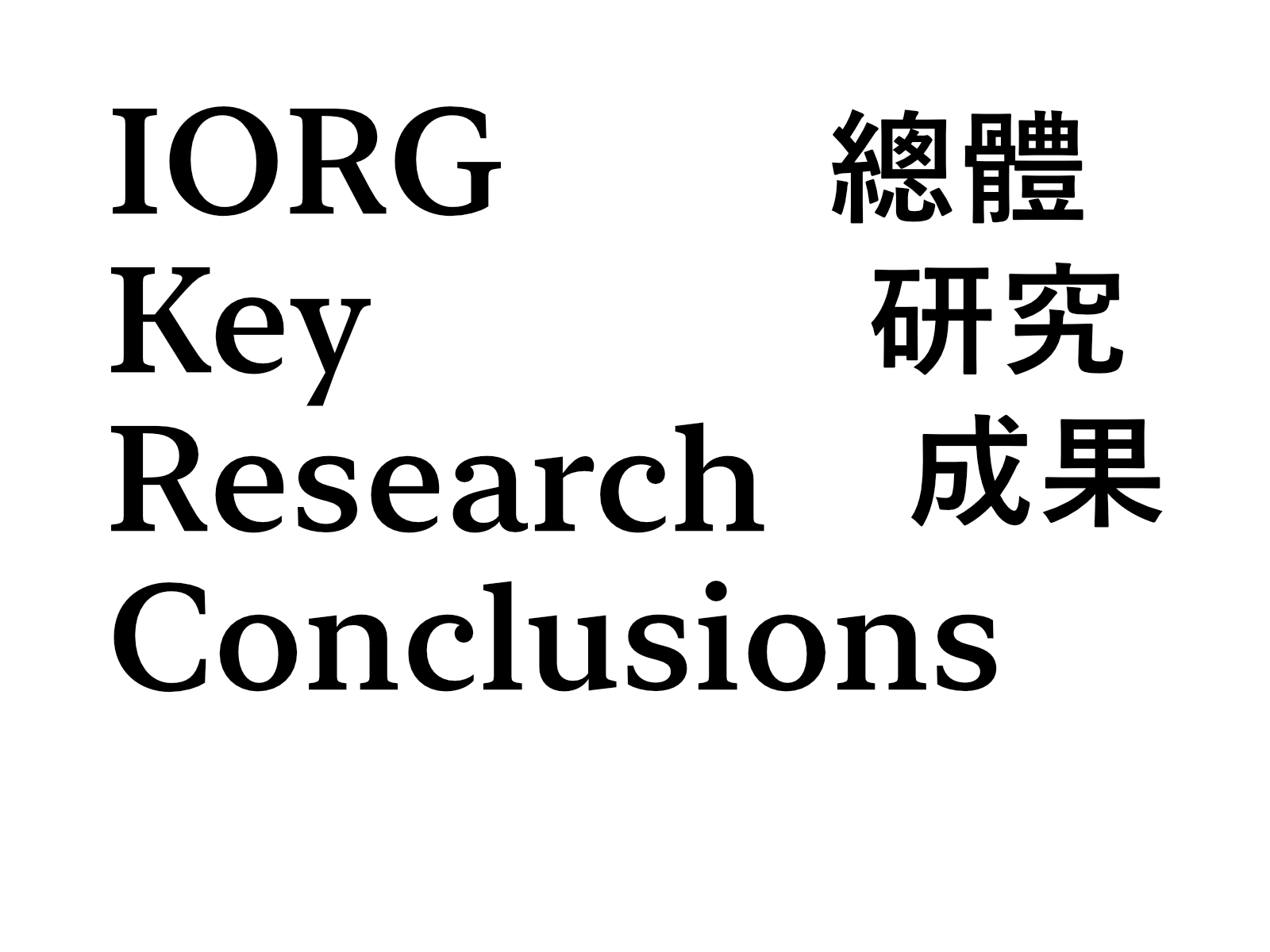Source: Dokidoki Safety.
Telling bad stories about democracy and building endorsement for authoritarianism
Citing examples from the IORG report, Huang says that China highlights the shortcomings of democracy by “telling bad stories about democracy” and uses an inverse perspective to influence people’s perceptions of authoritarian governments – that the China model is safer and more effective.
Why is China doing this? What is our response to this new mode of information warfare? Huang Jaw-Nian lays out three parts of information dissemination: source, dissemination and reception and notes that “local collaborators” are the common issue found in all three parts.
Local collaborators can be roughly classified into two types. Firstly, Chinese Communist Party (CCP) collaborators, who usually have specific financial exchanges or are directly commanded by China. Secondly, collaborators without specific interests; they may be motivated simply by political ideology, their enthusiasm. First type of collaborators are usually involved as the sources or the disseminators, while the second are largely found as the disseminators or the receivers.
Source: prohibition & transparency
Huang puts forward a number of suggestions on how to deal with these different types of local collaborators. He first summarizes two ways to respond to the source collaborators: prohibition and transparency. The first approach is prohibition, such as Taiwan’s Anti-Infiltration Act, which prohibits specific behaviours such as receiving funds or direction from the CCP. This kind of legislation can deter their activities in the short term, but it’s possible for the collaborators to circumvent legislation through loopholes in the long term. The second approach is transparency, regulating and encouraging local collaborators to disclose their affiliation, source of funding. “I think this is a more positive and sustainable way,” said Huang.
Australia, another country affected by China’s information warfare, enacted the Foreign Influence Transparency Scheme Act last year. The legislation obliges foreigners to register their lobbying activities, and make information about the types of activities, purpose, and source of their funding transparent. After the passage of the Act, many former officials ended their affiliation with Chinese organizations to avoid being identified as foreign agents. “To some extent, transparency is more effective and powerful than prohibition,” said Huang.
Disseminator: accountability; receiver: literacy
As for the disseminators, Huang believes that accountability is key. This means to ensure specified and unspecified collaborators, especially mass media, carry out fact-checking, provide the public with fair and diverse information, fulfill their social responsibilities, and bring about true and unabridged freedom of the press. Lastly, receivers of information – the general public – must be empowered with an emphasis on the capacity of media and information literacy.
Social trust & inclusion is the sustainable solution
The aforementioned methods mainly concern regulations and institutions. However, from Huang’s observation, the underlying psychological factors within culture are the key to the effectiveness of information manipulation. Our society lacks mutual trust and inclusiveness. It can be hard for those who hold minority views to find a sense of belonging. When one receives messages that fit one’s views, even if the messages are false, one would choose to believe and disseminate them. Huang believes that his is the fundamental issue.
Making our society more inclusive and promoting dialogue between different standpoints could enable more people to find a sense of recognition and belonging, in turn eliminating the need to fulfill one’s psychological needs by spreading false information. Compared to regulatory management, Huang believes that this is a more sustainable and peaceful solution to Taiwan’s problem of information manipulation.

